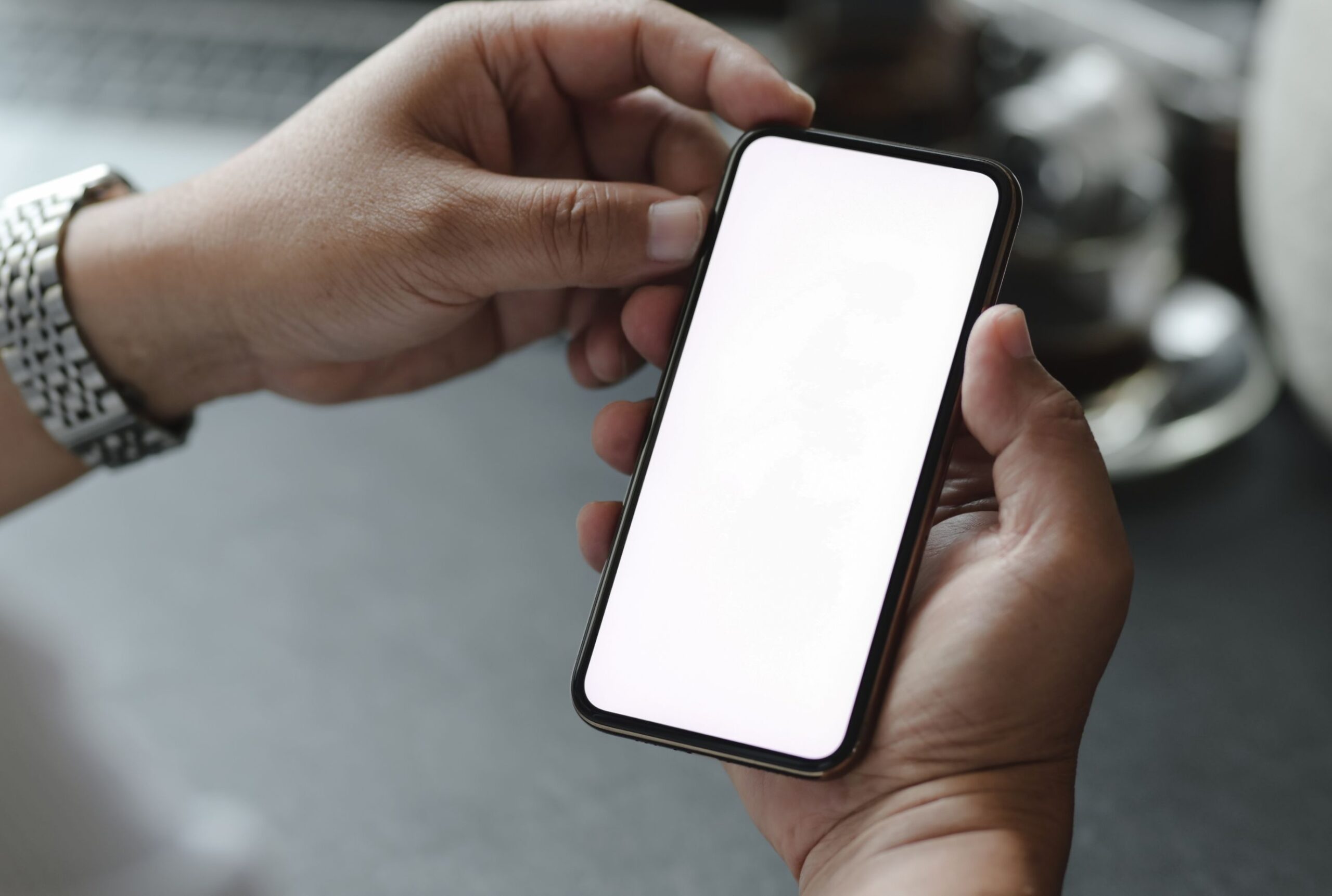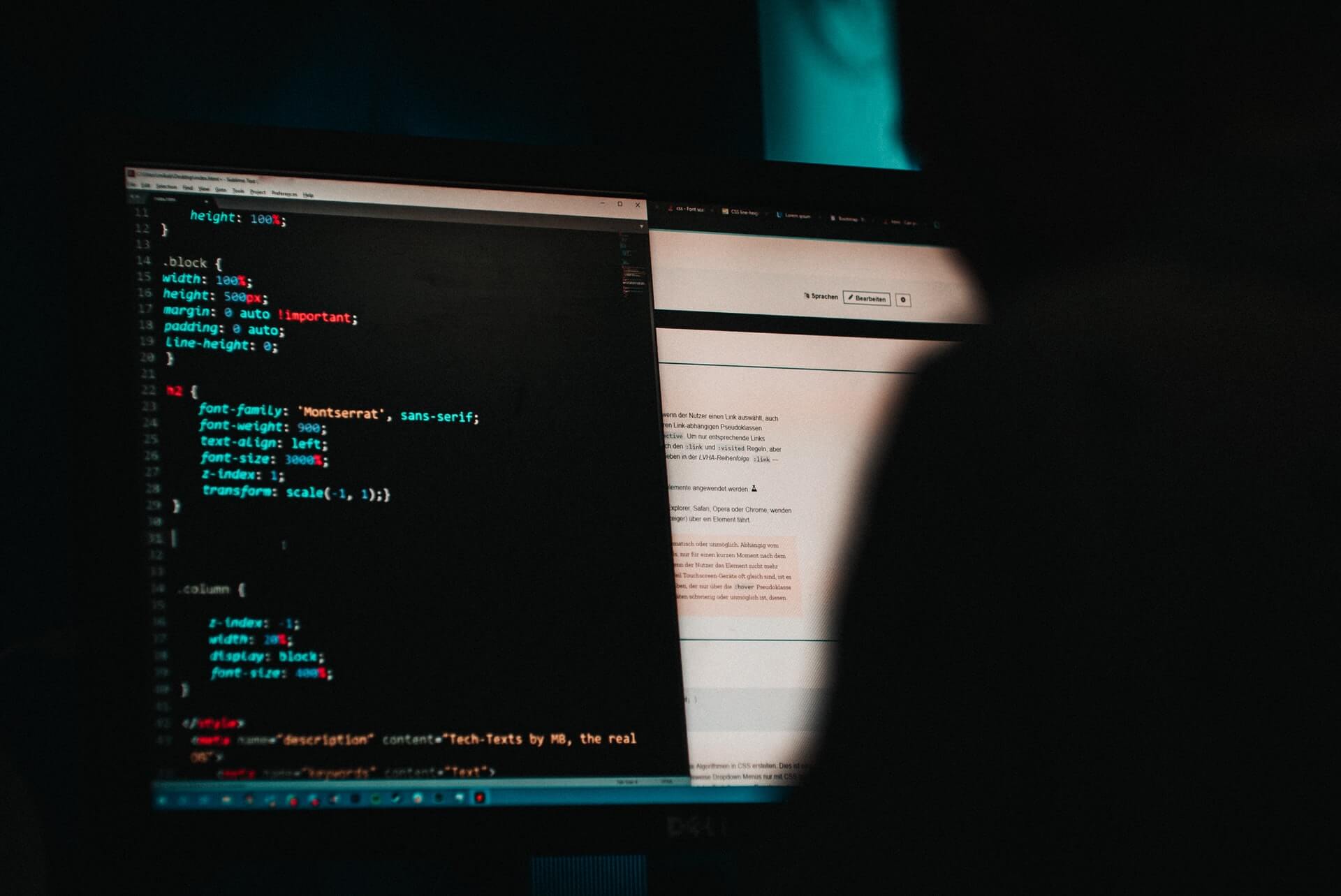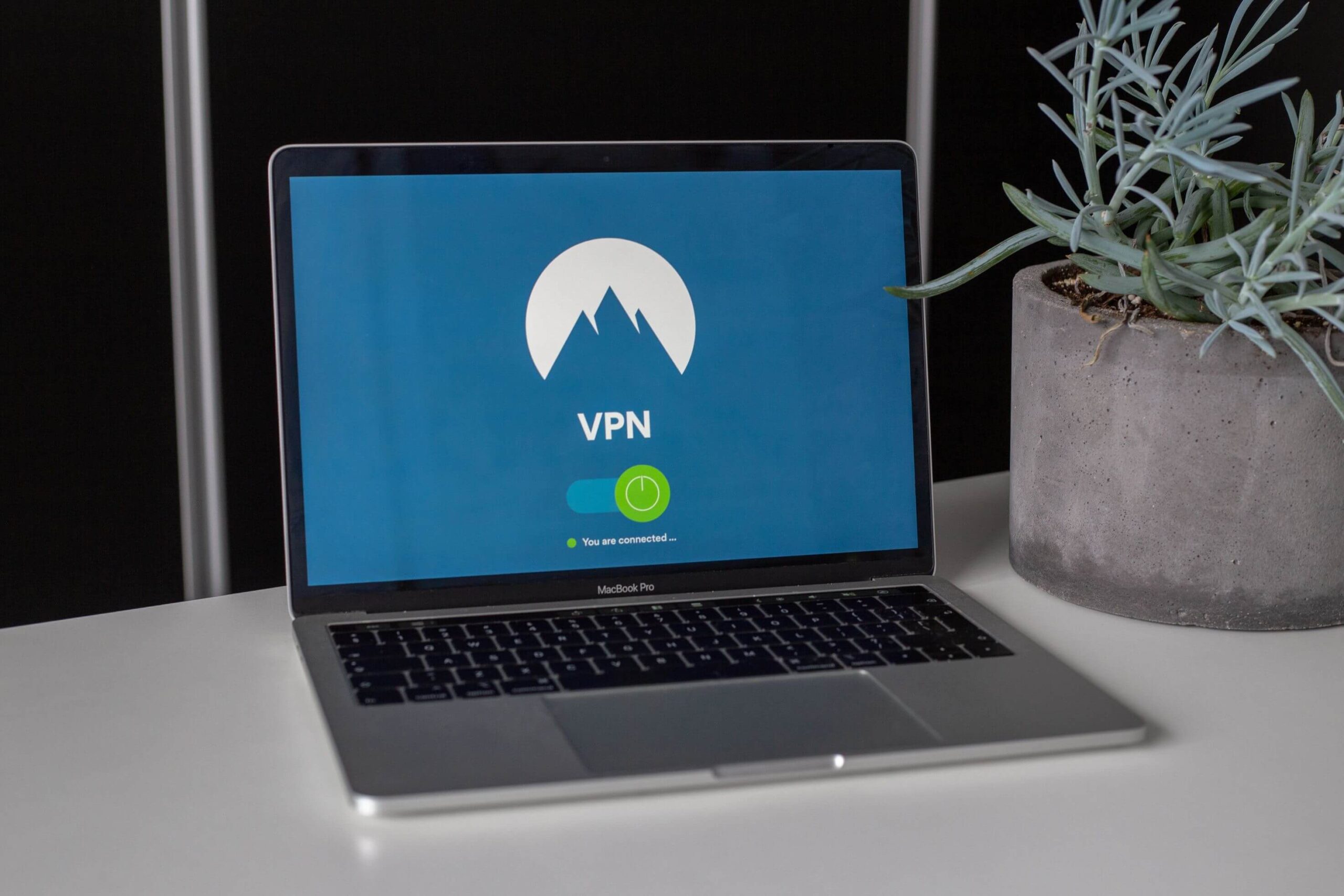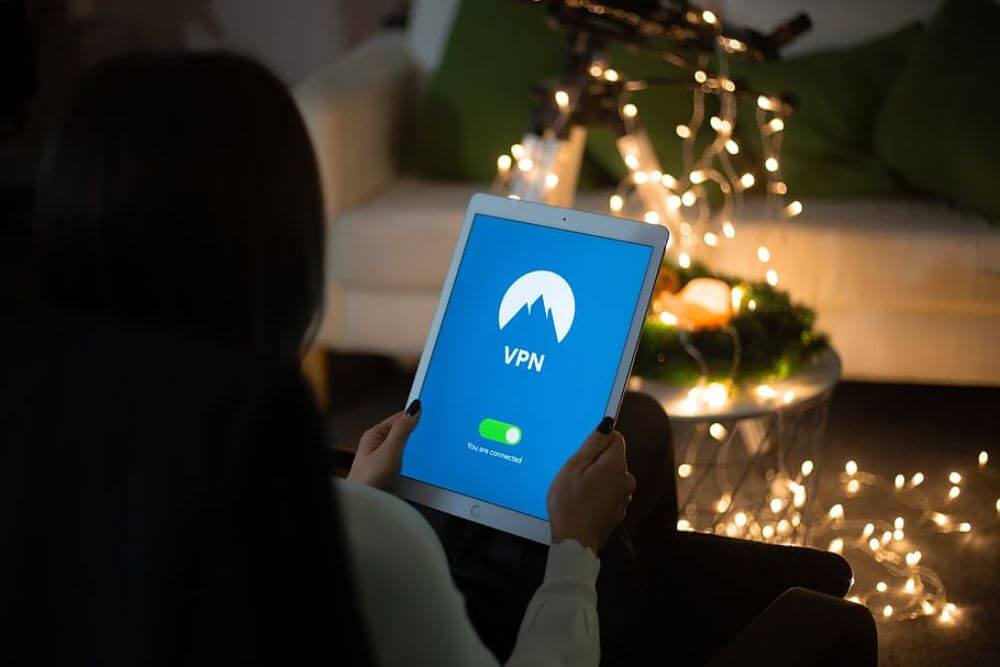A virtual private network, also known as VPN, allows you to encrypt your traffic to browse the Internet safely. Using a VPN enables you to access website content restricted to a particular region, shield your online activities from prying eyes while on public Wi-Fi gaining your internet privacy. However, one may think if it is legal to use a VPN and whether it means that you’re doing any illegal activity on Web.
So, is using a VPN legal?? Generally speaking, yes. However, if you’re using a vpn to access geo-block websites you will be surprised to learn that VPNs are banned in some countries.
What Is VPN Used For?
The most basic form of a virtual private network (VPN) enables you to access the Internet from your computer, smartphone, or tablet via the connection provided by another computer (referred to as a server). So, if the server is located in another country, it will appear as if you are from that country, allowing you to access those resources that you would otherwise not be able to.
Using a VPN, you can:
- Gain your internet privacy hiding your real location
- By-pass geo restrictions: stream content, audio and video from websites (Youtube, Netflix, Hulu, BBC) without being restricted by your location.
- Secure your data while using public Wi-Fi hotspots.
- Torrent, ensure that your IP address is not recorded.
- VPN for business, allows employees access office servers while working remotely.
Are VPNs Legal?
The usage of a virtual private network is entirely allowed in the vast majority of nations worldwide. When it comes to the United States and most counties in Europe, using a virtual private network (VPN) is entirely lawful. Furthermore, many businesses rely on them to provide their staff with secure access to the corporate network.
In other words, using a VPN does not mean that you can commit unlawful acts.
When VPN Is Illegal?
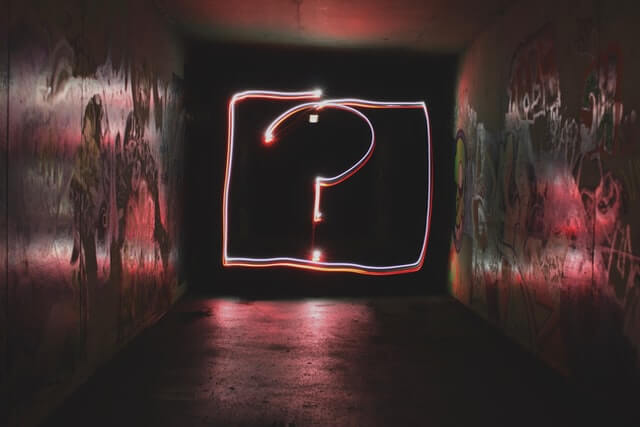
Here are some things you shouldn’t do:
Download Copyrighted Content From Pirated Websites
Even though copyright laws are seldom enforced against individual people who steal information, doing so is still illegal. Due to this, your Internet service provider (ISP) may impose penalties. Using VPNs still doesn’t allow you to do so, you can’t download copyright content from pirated websites.
Buying or selling on dark web marketplaces
Another thing to bear in mind is that you cannot use VPN to do illegal transactions. Dark web markets are often accessed over Tor. As a method for accessing these sites, VPNs have become increasingly popular. Using a VPN to buy weapons, drugs, and hitman services on the dark web is as illegal as without one.
The use of a VPN to hack, cyberbully, or stalk someone is illegal
You can use a VPN to obtain online privacy and anonymity, but don’t hack someone and expect to get away with it.
So it is not really about a VPN.. Anything that is illegal without a VPN is equally illegal.
In Which Countries Is VPN Illegal
VPN is legal in most countries in the world. However some countries have specific prohibitions or restrictions. The majority of countries restricting access to VPN generally do not want their citizens to use VPNs to connect to the open Internet. Law enforcement is closely watching and monitor the Internet deciding who can see what… We list the countries below where using a VPN is not allowed.
Russia
As of 2017, Russia has banned VPNs and other technology that allows users to gain anonymous access to websites.. Officials in Russia are constantly blocking providers ‘websites making it difficult to buy vpns. According to them, these services allow users to access illicit information in violation of Russian law. VPNs will no longer be allowed in Russia following government-approved legislation. The Russian government has continually tightened its grip over the information that its citizens are exposed to overtime.
Belarus
Using a VPN is completely prohibited in Belarus. It is illegal in Belarus to use any device that conceals one’s Internet browsing activity. Since around 2015, both Tor and VPNs have been prohibited.
China
The Great Firewall of China restricts users from accessing the free and open Internet. The government of China is constantly blocking VPN websites. Individuals can use VPNs for China, but they should exercise a basic level of caution. The service providers can function in China as long as they acquire government license. Which often means that the terms and restrictions it must adhere to can compromise user data security. For example, providers will have to store logs by law and share it with the authorities upon request.
Oman
Are VPNs legal in Oman, technically yes, but they exist in a gray area. It is because the law states that you need explicit government approval to access any encrypted traffic.
Iraq
Iraq banned Virtual Private Networks for the general public. Iraq needed to ban service use completely to track and stop ISIS. Despite the good intentions, it compromises the anonymity and privacy of citizens. Iraq’s Internet censorship is less advanced than that of North Korea or China, but it can still identify VPN users.
Turkey
In Turkey, using a VPN is legal; however, the Turkish government blocked several websites, including providers’ website to restrict social media use.
UAE
The United Arab Emirates doesn’t allow certain classes of applications, such as voice over IP (VoIP). VPNs are legal, however, except in cases where they are used in connection with an offense when a VPN’s use carries additional penalties. Moreover, some restrictions on the United Arab Emirates’ Internet are intended to enforce information bans that violate the country’s “moral standards.”
Uganda
Uganda government does block users’ encrypted traffic. In the past, authorities ordered ISPs to block vpn usage . The consequences of being caught are serious and can result in jail time.
Turkmenistan
Turkmenistan made VPNs illegal in the country, but ironically it is widely used to circumvent censorship restrictions.
As the restrictions in each country constantly change, check your country’s most recent regulations as this is not an exhaustive list.
Are VPNs safe to use?
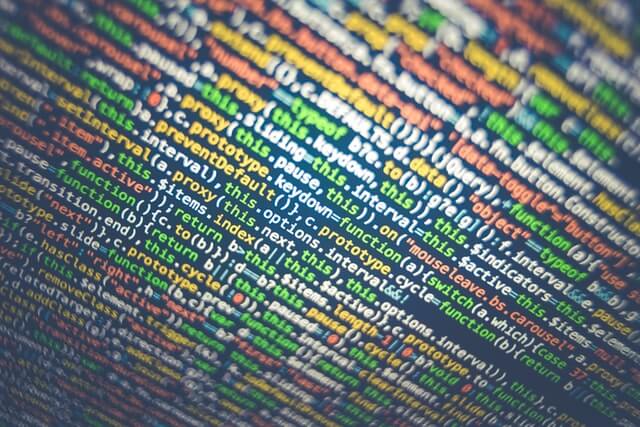 The use of Virtual Private Networks is completely safe in most countries. These days such service is a must to have to keep you data safe, identity protected and any other online data secure. To reduce your vulnerability, you should check for the following characteristics when searching for a VPN.
The use of Virtual Private Networks is completely safe in most countries. These days such service is a must to have to keep you data safe, identity protected and any other online data secure. To reduce your vulnerability, you should check for the following characteristics when searching for a VPN.
VPN services may keep your personal information such as your name and email address along with the websites you visit. When buying the service, ensure that none of your personal information is stored; ideally, it should only store your email address and anonymized payment information. Using one of the best virtual private network (VPN) providers will guarantee that your browsing is secure.
Pick best vpn that doesn’t not store your traffic logs. You may also see it as “no log policy”. Some VPNs claim they do not store any records, but in fact they do especially if the need to comply with the law in the above mentioned countries. See our recommended best VPNs on the homepage.
FAQs
Can Police Track Vpn?
Police cannot track the encrypted traffic, but if they have a court order, they can request connection or usage logs from your ISP (internet service providers). Your ISP can tell the police which VPN service you’re using and then your traffic logs may be requested. It is important to note that VPN services may refuse to share traffic logs simply because they do not keep them (no log policy).
Here is the response from Private Internet Access to Investigatory Power Act that you may find interesting.
Make sure your traffic logs are fully protected by choosing a provider that has a “no traffic logs” policy.
Is it illegal to use a VPN for Netflix?
Yes, it is legal to use a VPN for Netflix. In fact, most popular reason use of a VPN is for streaming services. It’s sometimes assumed that accessing Netflix is other locations with a VPN constitutes piracy; nevertheless, viewing Netflix’s international catalogs is fundamentally different from downloading legally protected content. You’re good to go!
Is using VPN legal in the USA?
Yes, the use of vpns is legal in the USA. When the primary reason for using a VPN is data security, staying safe on public wi-fi, it is perfectly legal in the United States.
Is NordVPN legal?
Yes, it is legal to use NordVPN in the US. Outside of the US, double check your country recent changes regarding encrypted traffic.
The Bottom Line
VPNs are generally legal in most countries, so using one shouldn’t be a problem as long as nothing illegal is done through the VPN. Ultimately, illegal activity is the issue, not a VPN. Using service for protecting sensitive information from being hacked is a good reason to use it vpn service.
Countries like Russia, Belarus, Iraq, Oman, UAE, Turkmenistan, China, Uganda ban vpns. Your online activity is simply cannot be private in countries like China and it is possible for law enforcement to demand information stored by your VPN provider.
ISPs should not discriminate or show preference when it comes to distributing content over the Internet. A VPN contributes to preserving the Internet’s transparency, usefulness, and level playing field for all users.
Remember, illegal activities is still illegal activities with or without VPNs.


